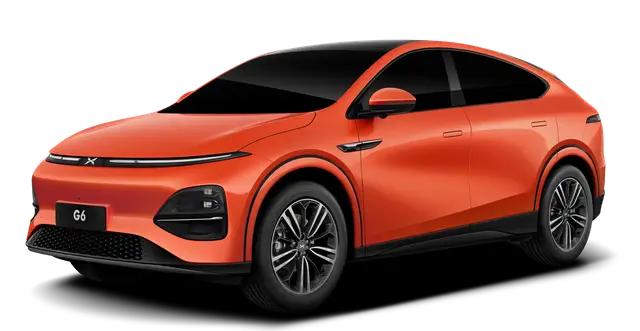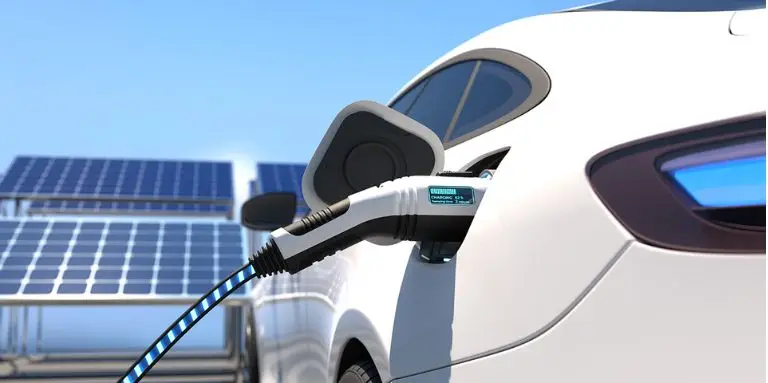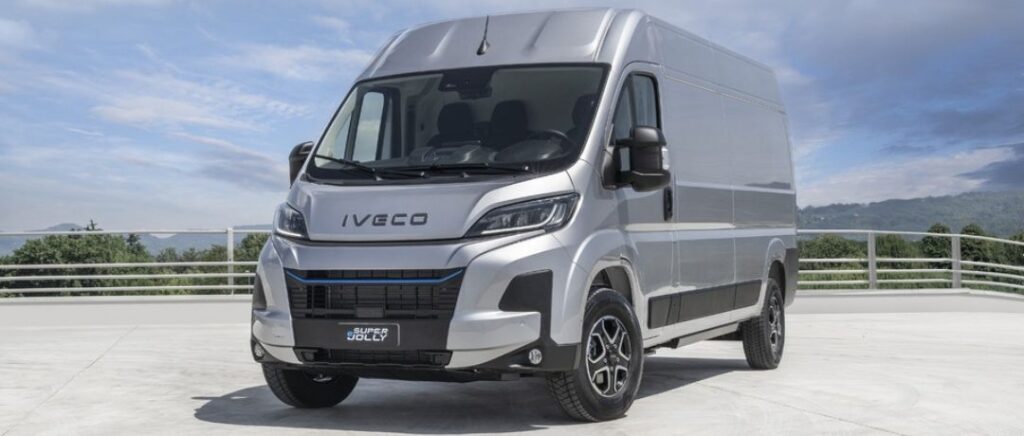Technology as a solution to protect your employees?
As the last few years have seen significant changes in mobility, many companies have decided to trade in their traditional car fleet fleet with an all-electric one.
Enhanced safety thanks to innovative technologies
Government benefits such as the €3,000 ecological bonus for the purchase of vehicles costing less than €47,000, or the €5,000 conversion bonus are now well-known incentives for companies. Nevertheless, the benefits in terms of employee safety are still poorly understood, or at least rather vague.
Silence: danger or advantage?
One of the first things drivers notice when they switch to an electric car is how quiet it is, creating a comfortable and relaxing driving experience. Like the Renault Mégane e-Tech and its 10 decibels at 10 km/h/. This is a disadvantage, especially for pedestrians, who can't necessarily hear the vehicle coming. However, to counteract this, all-electric vehicles are equipped with an acoustic acoustic vehicle warning system (AVAS), which sounds when the vehicle is reversing or travelling at less than 20 km/h.
Adaptive cruise control
Thanks to adaptive cruise controlthe driver sets the vehicle's maximum speed. From there, the front sensor does the rest of the work. It tells the brakes to maintain this distance and modifies the acceleration accordingly. It also keeps the vehicle within the maximum speed limit set by the driver. ACC (Adaptative Cruise Control) is normally associated with a forward collision warning system, which is activated when radar detects a potential accident.
Blind spot warning
It triggers an alert if another vehicle is approaching from an angle visible in the side mirrors. In addition to a warning alarm to alert the driver, a warning light flashes on the dashboard. This system also activates when the driver gives a lane-change signal, but vehicles behind are close by.
Collision warning
By using radar sensors and the electric vehicle's cameras, this innovative device is capable of detecting any object (vehicle, pedestrian, bicycle) or other hazard in its vicinity. As soon as an obstacle is detected, it triggers first a warning and then an alarm. If it detects that the car is approaching the obstacle at too high a speedit brakes and stops the vehicle. This system works in such a way that the electric vehicle generally triggers it at high speed.
In addition to all these advantages, driving an electric car has other benefits:
- the instant torque of the electric motor gives more responsive acceleration, making them ideal for urban driving.
- the weight and distribution of the batteries and the low center of gravity benefit handling, comfort and, above all, safety.
Also read → How does technology improve the professional driving experience?
Electric cars: a plus for employee health
In addition to reducing greenhouse gas emissions from road transport, electric vehicles offer numerous health benefits for employees by reducing human exposure to air and noise pollution.
The health benefits of electric vehicles include the reduction of atmospheric pollutants (CO2, nitrogen oxides and most airborne particles).
Thus, reducing traffic noise from electric vehicles has significant public health benefits, including improved mental health and community well-being.
An in-depth study by theAmerican Lung Association has shown that the quieter, more comfortable driving environment driving environment of an electric vehicle can have significant beneficial effects on mental health. We also learn that drivers feel calmer and less stressed when driving an electric van compared with a diesel version.
The elimination of engine noise means that drivers can drive more calmly and with greater concentration. This increased concentration enables electric vehicle drivers to better spot pedestrians, cyclists and other vulnerable road users.
Initiatives and regulations: the government commits to employee safety
In recent years, various policies to support electric vehicles have been introduced in France. These government incentives have done much to stimulate the expansion of electric cars.
A safe electric vehicle
All companies in France are required to comply with the French Labor Code. The latter requires companies equipping their employees with electric vehicles to provide them with safety equipment.
Regular maintenance checks should also be carried out worn or damaged parts must be replaced as soon as possible. During their working hours, employees must be protected against accidents, shocks and fire.
Electric vehicles must be equipped with the latest safety features:
- a deformation zone to absorb energy in the event of impact
- a fire protection system
- automatic power cut-off in the event of a collision
- a system to prevent leaks
It is therefore essential for companies to carry out these checks and inspections as frequently as possible, to guarantee maximum safety and reduce the risk of accidents.
Discover the electric cars available from Beev
Developing new safety systems
To guarantee driver safety, automakers are constantly developing new safety systems, each more innovative than the last.
Functional safety for connected vehicles
This safety device ensures that the electric vehicle's critical systems (propulsion, braking, steering) function perfectly, even in the event of failure or malfunction. It complies with French, European and international standards ISO 26262. These three standards define the requirements and guidelines.
Passive safety
This type of safety refers to the components of the electric vehicle that contribute to the protection of the vehicle's occupants in the event of an accident. protection of vehicle occupants in the event of an accident. It includes seat belts, airbags and the vehicle structure. These components are common to both conventional and electric vehicles. To test these safety systems, a number of tests are carried out, including frontal collision, side impact and roof strength tests. Passive safety is governed by regulation (EU) 2019/2144which came into force on July 6, 2022.
Active safety
It is the set of safety systems that prevent accidents from happening. Electric vehicle safety systems include anti-lock brakes, traction control systems and electronic stability programs. These systems depend on sensors and algorithms, and are common in both electric and internal combustion vehicles.
The cybersecurity of connected vehicles
As modern vehicles incorporate ADAS functions and communication interfaces, they become increasingly connected, and the danger of potential cyber attacks grows. This is particularly true for electric vehicles, as they operate fully connected with different networks and protocols that need to be protected.
How can you make a successful transition to an electric vehicle?
For a company, one of the main challenges when considering electrifying its vehicle fleet is being able to provide a recharging infrastructure for all its employees.
Providing an adequate recharging infrastructure
The installation of charging stations makes it easy for employees to recharge their vehicles during working hours. Employees simply plug their electric vehicle into the charging station and recharge it while they work. This saves time. Incentives are available to encourage companies to install charging stations.
At national level, the ADVENIR program program covers 50% of the cost of purchasing and installing a charging station for French companies (up to a maximum of €600). It also subsidizes supply costs. Of course, the charging stations must be intended for employees or customers only, and comply with current safety standards.
Regional grants are also available to support companies in this project, for example, the Île-de-France region offers a €200 subsidy per recharging point for companies with fewer than 250 employees. On the local side, the city of Paris offers a €500 subsidy per recharging point for companies that commit to installing at least 5.
Also read → Support for the installation of charging stations in 2023
Training and raising employee awareness: the key to success?
Many company employees are still unaware of the many advantages that electric vehicles can offer them. Organizing workshops or training sessions to inform them is essential. They can learn more about the reduced operating costs, lower maintenance requirements and environmental benefits.
These awareness-raising sessions will also inform them of the potential for long-term savings, including reduced fuel costs and possible tax incentives. By fostering understanding, misconceptions are dispelled, and it enables employees to seriously consider electric vehicles as a viable option.
For more information, we've put together a guide to this topic to explore the different aspects in depth:
Read our article about :

































